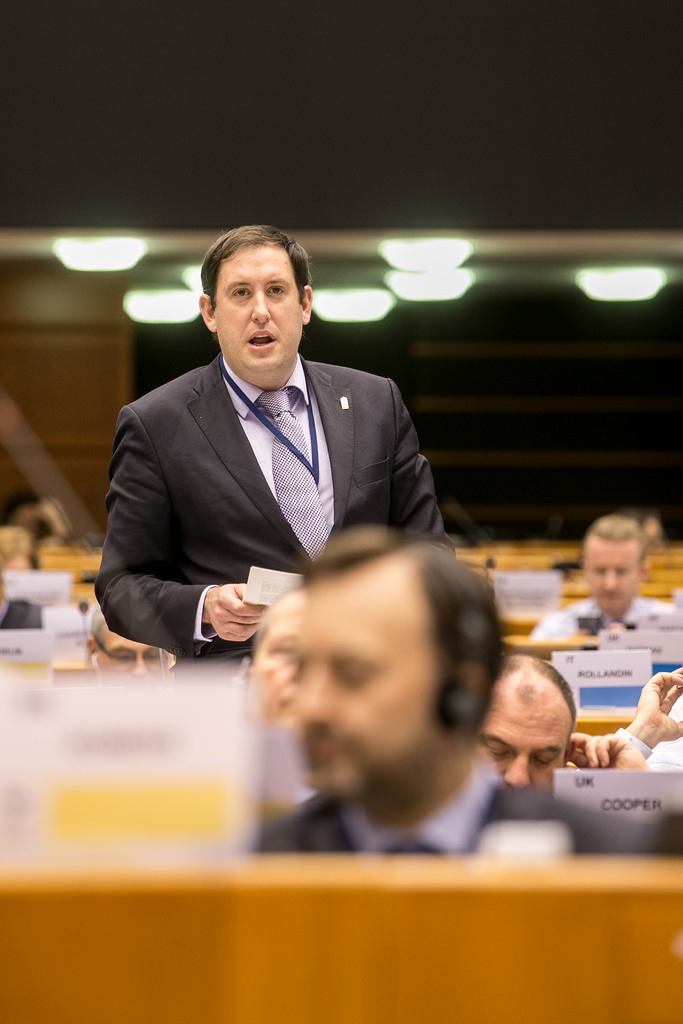 The recent EU Committee of the Regions Plenary Session welcomed Mr Tibor Navracsics Commissioner for Education, Culture, Youth and Sport to debate many challenges which have to be tackled in the field of education, in order to achieve the ambitious objectives of the Europe 2020 strategy.
The recent EU Committee of the Regions Plenary Session welcomed Mr Tibor Navracsics Commissioner for Education, Culture, Youth and Sport to debate many challenges which have to be tackled in the field of education, in order to achieve the ambitious objectives of the Europe 2020 strategy.
Cllr Kieran McCarthy, an Irish delegate addressing the Commissioner in the European Parliament, said that the education process is the most important way of introducing into civic life values of a social and culture nature. “Successful education is not possible without encouraging an appropriate level of commitment, enthusiasm and skills amongst politicians, teachers and training staff. Successful education must also include a wider introduction of Culture and citizenship education to school curricula, with a view to raising society’s awareness and level of concern”, he said.
Cllr McCarthy called for learners to be put at the heart of lifelong learning policies. He underlined: “Coming from my home city of Cork, which is a Unesco Learning City, the principle of lifelong learning currently must form the cornerstone of Europe’s policy for education and employment and is therefore key to inclusion. The recognition and validation of competences and knowledge acquired through non-formal and informal education is one of the key tenets of this approach.
Cllr McCarthy continued; “Quality and equivalence of validation procedures are needed in order to ensure that certificates obtained through the validation process are mutually recognisable throughout the EU. I would like to highlight a strong need to create a pan-European strategy with a view to establishing a common framework for recognition of informal and non-formal education/learning. All could lead to more flexible education processes, in turn leading to greater mobility among the labour force and enhanced employability, not least of young people, and a re-think of the idea of education in general”. The EU’s Committee of the Regions in Brussels represents local authorities across Europe and gives opinions to the European Parliament on local and regional issues. The committee meets several times a year over two days.